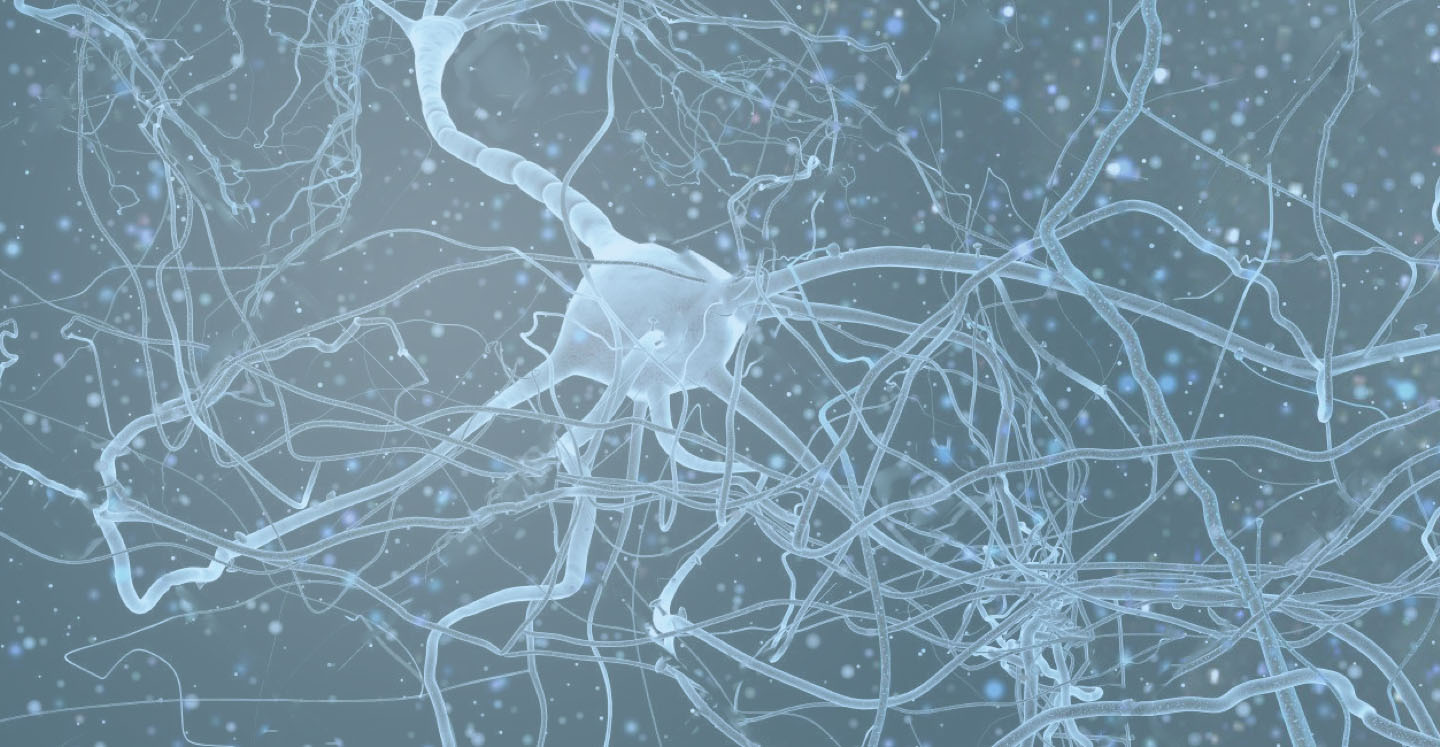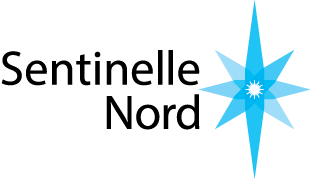February 20, 2019 : Open science: history, basic concepts and discussions around a vibrant movement
At this seminar, the history of the open science movement and its basic concepts will be discussed. The visiting librarians will also present the Université Laval Library's involvement in this movement, and lead a discussion on the current practices of researchers in the field.
Guest expert :
Maude Dubé-Laplante, Librarian for the dissemination of research and scholarly communication, Université Laval Library
February 27, 2019 : What is impact?
Most agree that citations and impact factors are not the right measures to evaluate research, but what are the alternatives, and how do we measure impact, first of all?
Guest experts :
Eve Richard, Librarian - Impact of Research, Wood & Forest Science, Université Laval Library, and André Desrochers, Professor, Faculty of Forestry, Geography and Geomatics, Université Laval
March 13, 2019 : Responsible publishing
Changing from a system of ‘closed’ to open science requires an initial impetus. How can we publish in a “responsible” way to ease such a transition?
Guest experts :
Achim Randelhoff, Pierre Legagneux
April 10, 2019 : What does open science really means?
Although the term "open science" is widely used, it covers very different realities, some of which may reinforce the systemic inequalities that exist in the academic world. This seminar will address open science diversity and inclusivity, financial cost of open access publications, and how to build scientific reputation by working openly.
Guest expert :
Timothée Poisot, Assistant Professor in Quantitative and Computational Ecology at the Department of Biological Sciences at the Université de Montréal.
Dr. Poisot's research focuses on the causes and consequences of spatio-temporal variability in species interactions, and the use of data science techniques to inform conservation actions using ecosystem-based approaches. He is a member of the Scientific Council of Calcul Québec, and Educational Director of the CRSNG-FONCER BIOS program.
May 15, 2019 : État de la situation et moyens mis en place à l'Université Laval (in French)
May 29, 2019 : La propriété des données de la recherche (in French)
October 9, 2019 : Is our research replicable?
A "reproducibility crisis" has been growing in the scientific community in recent years. Yet "reproducibility" as such has several aspects, each of which relates to different stages of research - from the description of the methodology to the interpretation of the results. After a brief introduction to this problematic, we want to present some recent tools to make the quantitative sciences not only theoretically more reproducible, but even more reusable.
Guest experts :
Philippe Massicotte, Research professional in modelization, remote sensing, data science, Takuvik, Department of biology, Université Laval
Achim Randelhoff, Postdoctoral fellow in physics and oceanography, Department de biology, Takuvik, Université Laval
October 23, 2019 : Is the scientific literature really more accessible since the advent of open access?
Currently, five major publishing houses control nearly 50% of the scientific publishing market. These publishers offer their products at prices inaccessible to researchers not affiliated with large academic institutions. In the interests of equity and to remedy this, open access policies have been put in place for a few years so that everyone has access to the published research results. But have these policies had the desired effect? Is literature now more accessible? What is the reality of researchers working outside major universities? We will present an inventory of fixtures and policies and will address, with the help of concrete cases, the reality of off-campus researchers. The presentation will be followed by a discussion period of approximately 30 minutes.
This conference is organized as part of the International Open Access Week in collaboration with the Université Laval Library. #OAWeek
Guest expert :
Maude Laplante-Dubé, librarian for the dissemination of research and scholarly communications, Université Laval Library

